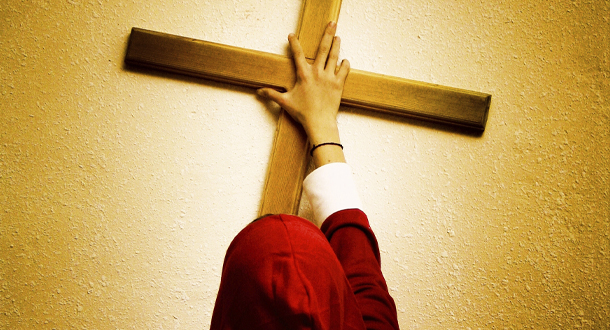 Scripture:
Scripture:
2 Timothy 4:10-17b
Luke 10:1-9
Reflection:
The kingdom of God is at hand…
Jesus sets his sights on Jerusalem; his earthly journey is coming to an end. He sends out the seventy in pairs to go ahead of him to every town and place he intends to visit. Don’t bring any baggage with you, shake from your feet any anger, resistance or judgment that you may encounter. Stay focused on me, bringing my peace to all you meet. Don’t entertain the opinions, perceptions or expectations of skepticism, judgment, fear. Embody my love, be my presence, meet them where they are at and invite them to love. Stay long enough to develop a relationship with yourselves and with my Father.
Is that not what we are all called to as baptized Christians, as disciples, to go out together, stay focused on Jesus and develop relationships of love. Shake off any perceptions, any judgments, any opinions we may have formed and make a place for love, for openness to the other, for encountering the other and the Lord.
It seems that when we are able to do that, miracles happen – the sick can be healed, truth can be heard, and we can begin to build the kingdom of God that Jesus reminded us begins now not after our life on earth!
Faith Offman is the Associate Director of Ministry at St. Paul of the Cross Passionist Retreat and Conference Center in Detroit, Michigan.

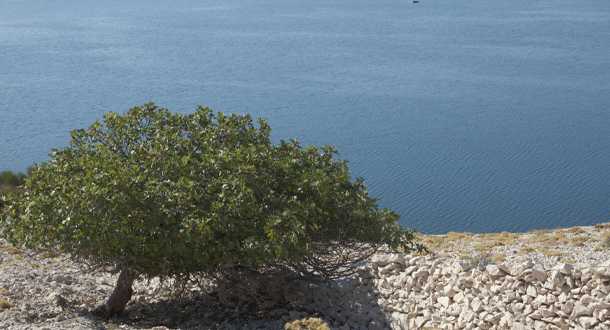 Scripture:
Scripture: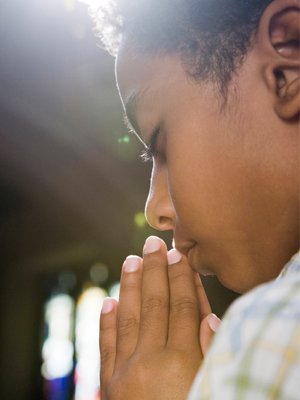
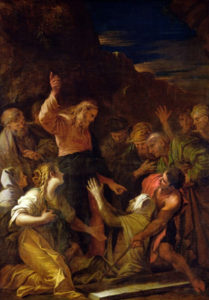
 Scripture:
Scripture: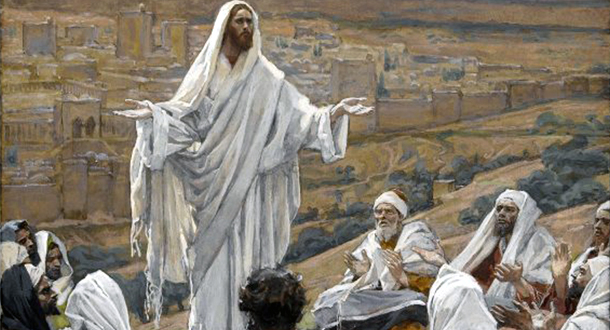 Scripture:
Scripture: Scripture:
Scripture: